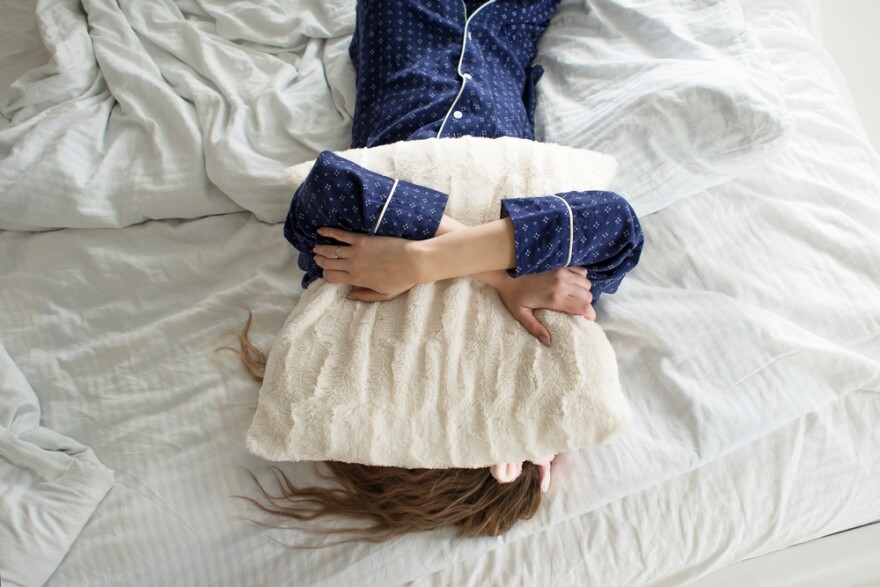Some love that extra hour of sun in the evening, but research suggests daylight saving time is potentially harmful to our health.
The idea has failed before, but the Texas Legislature is again considering a bill to exempt the state from daylight savings time.
State Representative Lyle Larson (R-San Antonio) personally likes it, but he says he really doesn't care whether voters opt for daylight saving time or standard time. He just wants to stop changing clocks twice a year.
The man credited with discovering circadian rhythms, or internal clocks, in mammals — Dr. Joseph Takahashi, chair of the neurosciences department at UT Southwestern Medical Center — has no opinion about Larson's bill. But the neurobiologist believes we would all enjoy better health on standard time.
He talked with us to explain why.
On why the time change is disruptive: "Most people tend to wake up a few minutes later each day, if they were free without a schedule. It means our internal clock is a little longer than 24 hours, typically, for most people. So it's harder to advance your clock than it is to delay your clock. That's why the spring shift to daylight saving time tends to be more disruptive than the fall-back shift to standard time."
On why that hour matters: "Certain individuals, when they're studied, take many weeks to shift that one little hour of time. That's causing a disruption in their bodies for a few weeks, at least. When the shift occurs, we actually see a significant increase in accidents and other side effects of just that time shift."
On shifting the clock twice a year: "I think most scientists would agree that it would be better to stay on one schedule throughout the year. But in addition to that, it's actually much preferable to stay on standard time. That's sort of more the natural timing of our rhythms to the day/night cycle of the sun."
On the health impact of the time switch: "Some surprising evidence has come out of the National Cancer Institute. They can look at cancer rates county by county in certain states across the U.S. When they do that, they can see a gradient across each time zone where the risk is higher when you're on the western border of your time zone — and that happens in every time zone. That's why it's sort of a remarkable result, because our time zones are completely an artificial construct.
"This actually has been replicated in China, which has only one time zone. It's a huge country. There, they've observed the same effect, where on the western extreme of China, the relative risk is higher for things like cancer.
Steps to adapt to the time switch
- Go to sleep an hour earlier.
- Avoid caffeinated drinks in the evening.
- Your bedroom environment should be quiet and dark.
- Use little or no electronics in the evening. The "blue light" will delay your clock when you're trying to advance it.
- Cool temperature: "I'm not sure how good the studies are on this, but in general, a cool temperature is optimal for sleeping."
- Avoid pharmacological solutions to the time shift. "We should be able to deal with that one hour shift naturally."









